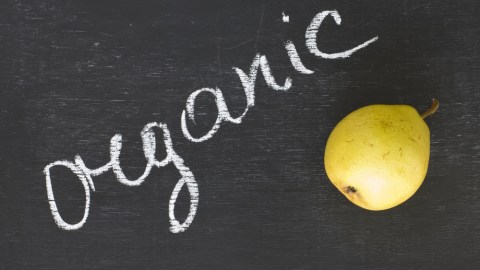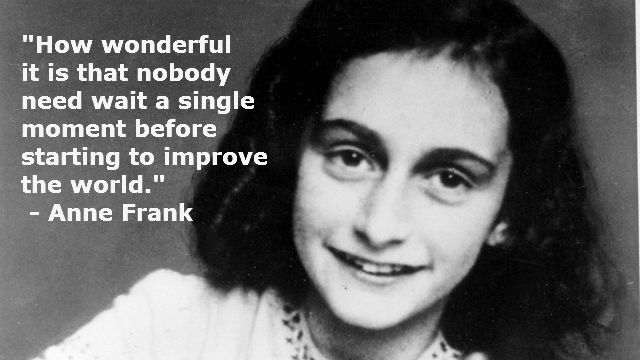The Rabbit Hole of Capitalism and the Commodification of Experience

What’s the Latest?
Thought you were doing right by buying organic produce, eating fat-free chocolate, and trying vegan mayonnaise? Think again, capitalist dog! Such is the attitude of Slavoj Žižek, Slovenian philosopher and provocateur, toward consumer-driven goodness. “What we are effectively buying when we are buying ‘organic food’ etc is already a certain cultural experience, the experience of a ‘healthy ecological lifestyle’.” The irony, says Žižek, is that this healthy lifestyle has become a luxury for society’s elite. Consumerism itself has taken on a new quality: experiences more than products are the objects of commodification.
What’s the Big Idea?
Is Starbucks being genuinly responsible when it advertises selling fair-trade coffee or is has it simply found a more seductive and socially-accepted way of selling its product? Sure it has driven locally-owned coffee shops into oblivion and blanketed the nation with cookie-cutter cafes, but it is less objectionable than Walmart or McDonalds. Our personal insistence with living sustainable lives is a mirage, too, argues Žižek. In a desperate attempt to resist our role as passive consumers, we frantically recycle, buy organic food, etc., to make a contribution, “like a soccer fan who supports his team in front of a TV screen at home, shouting and jumping from his seat, in a superstitious belief that this will somehow influence the outcome.”




